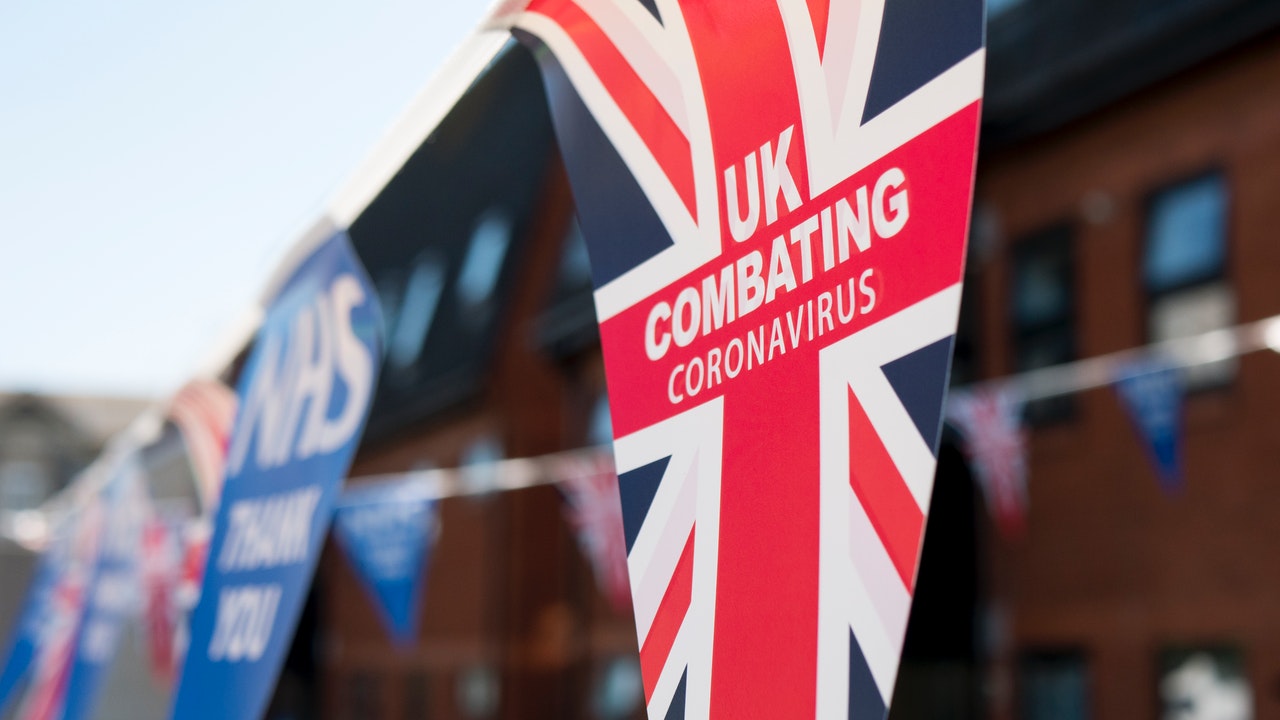There are doubts about whether London’s Nightingale Hospital will be needed again for Covid patients, and there have been suggestions it could instead be used for non-Covid care.
In April, the ExCel Centre in Newham was converted into a hospital with 4,000 intensive care beds. But only 200 patients were treated at either of the Nightingale hospitals in London and Manchester. Several more in other parts of the country were never used.
The London Nightingale is run by Barts Health NHS Trust, which also runs Whipps Cross, the Royal London and St Bartholomew’s hospitals.
Keeping the Nightingale in a “state of readiness” is costing the Trust £1.2 million a month.
With a second wave of the virus emerging, it raises questions about whether the Nightingale could be needed again.
There were 532 deaths in the UK linked to Covid on 10 November, although 21 of those were in London.
A nurse who worked there during the first wave has said she and other colleagues haven’t yet been asked to return.
“I haven’t heard a sausage,” said the nurse, who usually works in central London.
“I set up a WhatsApp group to keep in touch with people I worked with at the Nightingale. Now and then people message to ask if anyone has heard anything, and the answer will be ‘no’.
“But when we were stood down we were asked if we would work there again. I said yes.”
An NHS England spokesperson said the London Nightingale is “on standby ready to quickly stand-up and provide additional capacity to support local services if necessary.” They did not comment further.
Manchester’s Nightingale hospital has reopened for Covid patients. Whereas other Nightingales in Exeter and Harrogate are being used as centres for diagnosing patients with cancer and other diseases.
NOW READ: Time running out to have your say on City landmarks linked to racism
There is also concern that reopening London’s Nightingale would mean diverting staff from existing hospitals. Chris Hopson, chief executive of NHS Providers, told The Sunday Times: “Clearly what you want to do is carry on treating patients in existing hospitals for as long as you possibly can until all of the existing capacity is used and then you flip to your insurance policy of using Nightingales.”
The anonymous nurse also explained that fewer Covid patients with severe symptoms are being treated with ventilators, meaning they do not need intensive care facilities such as those at the Nightingale.
She said: “But what’s different now is… when we first had patients whose oxygen saturation was low, they were put on a ventilator. But it’s very hard to get people off a ventilator. After you come off one you have to put physical effort into breathing.”
She explained that patients are now more likely to be given a CPAP (continuous positive airway pressure therapy), a machine linked to a face mask that assists with breathing.
“So we may not need the Nightingale as an intensive care centre,” she said. “The Royal London Hospital also has a lot more intensive care capacity than they used to.
“There’s a chance they might re-purpose it [the Nightingale] for things like screenings and scans – keep it as a clean space. That’s just an idea I have in my head.
“The difficult thing is it’s hard to plan in the health service because there’s always a four week lag between people contracting the virus and getting to the point where they need hospital treatment.”
For the latest headlines from the City of London and beyond, follow City Matters on Twitter, Instagram and LinkedIn.







